It’s easy to think of journalism as newspapers, advertising as commercials, and public relations as spin. But the depth of study in journalism and mass communication really knows no bounds. Hubbard School faculty members are taking deep dives on numerous topics. They’re answering questions that could change how we view the world and solving problems that affect citizens in their daily lives. Take a look.
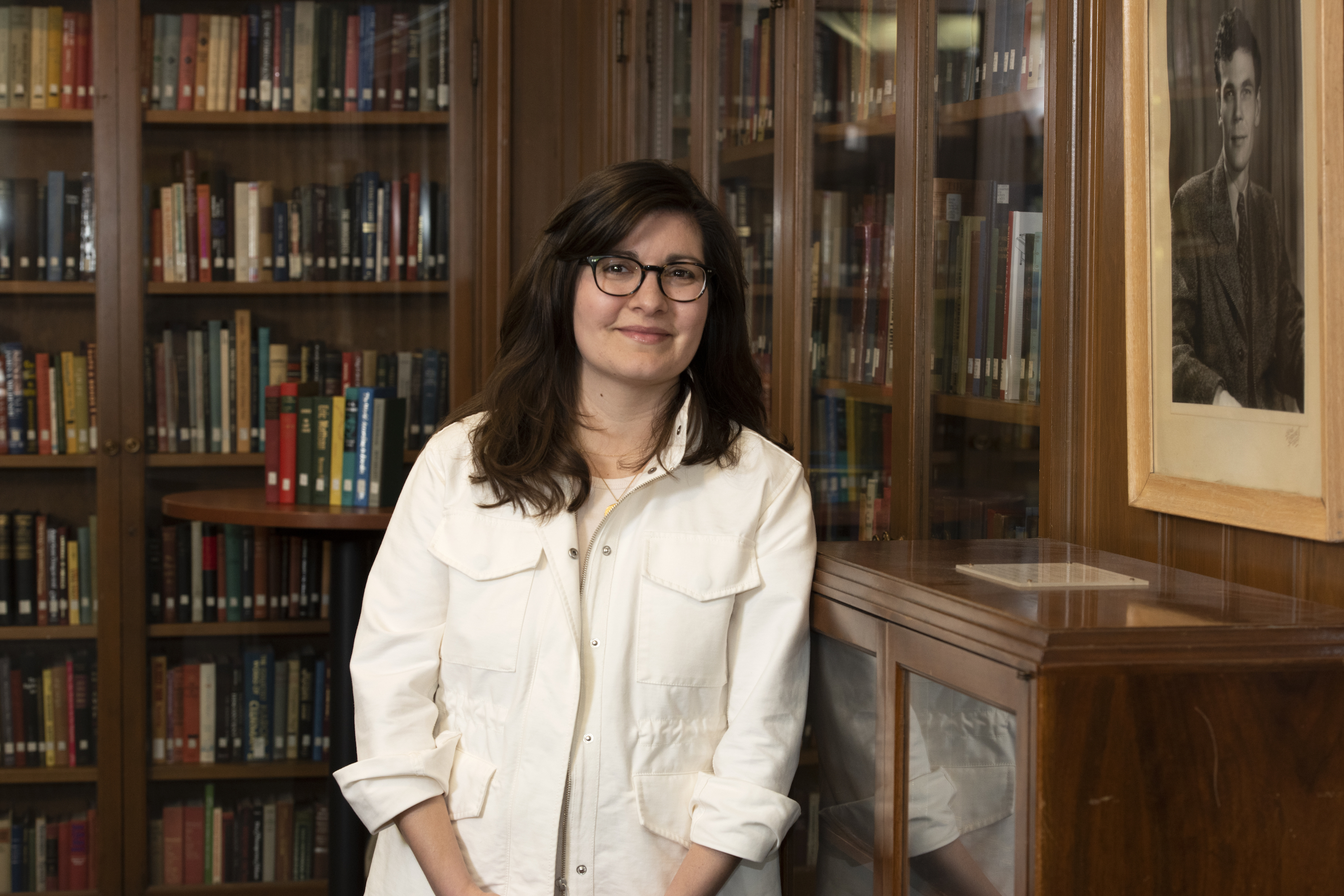
In the age of the internet, keeping up with the latest health information can feel like a constant uphill battle. How can consumers stay up to date without getting confused or frustrated? Associate Professor Rebekah Nagler dives into the ways Americans can be confronted with conflicting health information, and how we can sort out the information we need.
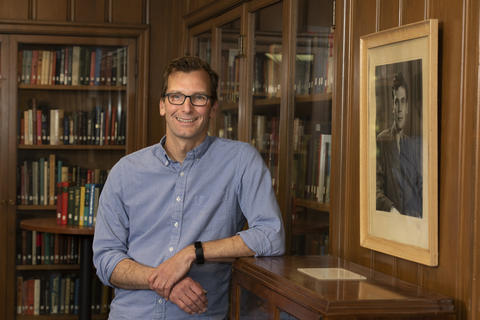
Mental Health Messaging
Yzer's research tackles the challenge of reaching those affected by mental health issues in a language and messaging mode that resonates with them.

Reducing youth interest in flavored vaping products
Associate Professor Sherri Jean Katz released a new study on youth and vaping.
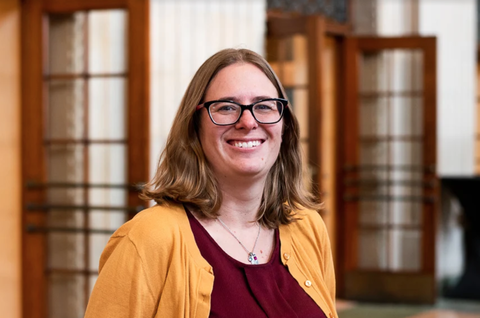
Navigating Misinformation on Social Media
Associate Professor Emily Vraga's research examines the impact that misinformation on social media has on interactions online.
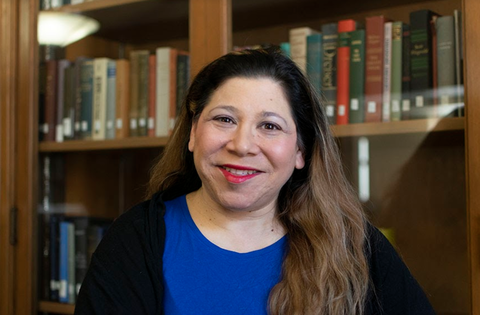
Tamping Down Youth Vaping
Katz first began researching tobacco regulatory science while pursuing her PhD and postdoctoral in communication at Cornell University. At the time, vape products were mostly marketed towards adults looking to quit cigarette smoking. Since then, she has witnessed the increase in the use of vaping devices among youth, especially with the rise in popularity of the brand JUUL. “We've seen a big change here on the University of Minnesota campus in the past few years. I conducted a series of focus groups in spring 2017, and then we did focus groups [in] spring 2019, and there is a huge change in usage patterns.”
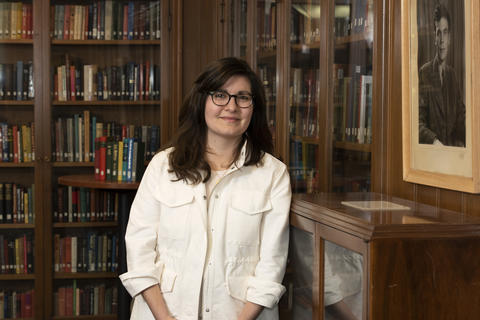
Effects of Prior Exposure to Conflicting Health Information on Responses to Subsequent Unrelated Health Messages
Does exposure to conflicting health information in people’s routine interactions with the broader information environment threaten the success of message-based population-level public health strategies?

How can better health messaging fuel better health equity?
Professor Marco Yzer’s recent research focuses on current issues that deal with health equity.